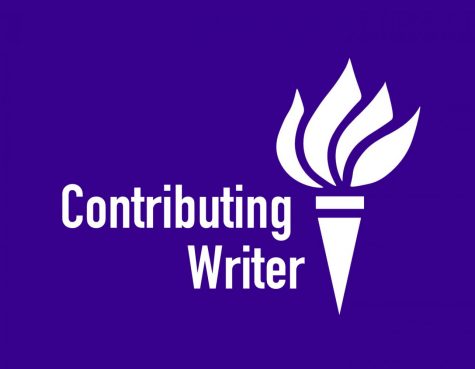On Thursday, Jan. 31, the World Health Organization declared a Public Health Emergency of International Concern over the COVID-19 outbreak, reversing the decision it had made just one week beforehand.
The PHEIC status was established under the International Health Regulations in 2005, two years after the SARS outbreak. It has since been employed to indicate “public health risk to other States […] and to potentially require a coordinated international response,” and to serve as a call for action for the world in combating serious diseases.
Though the WHO emergency committee explained the possibility that the coronavirus may reach countries with weak health care systems, this complete change of heart left many wondering: is an all-or-nothing approach the best way to control our global outbreak?
Unfortunately, this all-or-nothing methodology of declaring emergencies has rendered the world unable to prepare for such crises. In the almost three months since COVID-19 has emerged, the WHO has been paralyzed by the limitations of the PHEIC system. This left the international community to our own evaluations, which were made on the basis of second-hand information unverified by an authoritative third party.
Dr. Peter Piot — one of the doctors who discovered the Ebola virus — voiced his concerns about the flawed process of PHEIC, writing that “the International Health Regulations’ all-or-nothing approach must reform. In most emergencies, there is a spectrum of alerts–think of hurricanes with levels of severity from Category 1 to Category 5–and it should not be a binary decision for health.”
Moreover, by only releasing a single declaration indicating extreme severity, the WHO has left the world vulnerable in the face of possible cover-ups and delayed release of information by governments of infected regions.
During the SARS outbreak for instance, Jiang Yanyong, a semi-retired military surgeon, was one of the first to show that China covered up the outbreak. After exposing the government’s cover-up, both the Minister of Health and the Mayor of Beijing were fired for mismanagement of the situation. Without an alert system publicized by the WHO, whistleblowers like Jiang were the only protection against misinformation that international communities were forced to accept, thus missing the precious time for disease control preparations.
Even if the WHO had the current PHEIC system at the beginning of the SARS outbreak in 2002, the international community might not have been able to combat the initial misinformation coming out from local governments. This approach creates a vacuum of alerts until a sudden surge of global importance: the declaration of a PHEIC. Such a situation not only dramatically narrows the window for international disease control efforts but also disregards the impact of the hundreds of thousands of doctors who already put their lives on the line to fight the virus.
This current COVID-19 outbreak has shown mankind that diseases are a serious threat and that if we do not learn from our mistakes, history can repeat itself. It is time for the WHO to reform its PHEIC system and introduce a spectrum of alert levels for disease outbreaks.
Opinions expressed on the editorial pages are not necessarily those of WSN, and our publication of opinions is not an endorsement of them.
A version of this article appeared in the Monday, Mar. 9, 2020 print edition. Email Bincheng Mao at [email protected].
























































































































































Bincheng Mao • Mar 9, 2020 at 9:27 pm
As the author of this piece, I am grateful that WSN is willing to recover this critical issue facing every one of us today. Also, as the president of the East Coast Coalition for Tolerance and Non-Discrimination (ECC) I would like to invite my peers to join us to promote social inclusion for marginalized communities, especially those affected amid this COVID-19 outbreak.
(eastcoastcoalition.com)